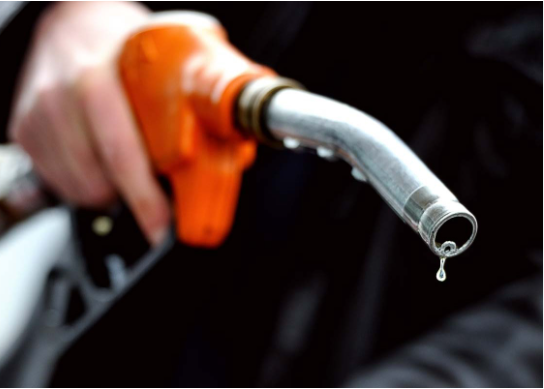The Federal Government has so far reportedly saved about N400bn as a result of the removal of subsidy on Premium Motor Spirit, popularly called petrol, since May 31, 2023, when the initiative was officially implemented, oil marketers stated on Thursday.
Also, the oil dealers stated that there was a high possibility for the cost of petrol to rise in July, going by the recent floating of the naira against the United States dollar by the Federal Government.
The Central Bank of Nigeria unified the country’s exchange rates into the Investors and Exporters window on June 14, 2023, allowing market forces to determine the exchange rate.
Operators in the downstream oil sector told our correspondent on Tuesday that going by the revelation of the Nigerian National Petroleum Company Limited as regards the amount being spent previously on subsidy every month, Nigeria had now saved hundreds of billions after halting the subsidy regime in May.
“Right now they (the government) are making money. At least with this removal of subsidy, the government has racked in hundreds of billions, whether in naira or dollar. This is because every month we know how much they lose before,” the National President, Independent Petroleum Marketers Association of Nigeria, Chinedu Okonkwo, stated.
Okonkwo told our correspondent that marketers had been told how much the NNPCL was spending on subsidy monthly, referring to the comments of the firm’s Group Chief Executive Officer, Mele Kyari, during a meeting with oil sector operators in February.
At the meeting, Kyari had said,
“Today, by law and the provisions of the Appropriation Act, there is a subsidy on the supply of petroleum products, particularly PMS imports into our country. In current data terms, three days ago, the landing cost was around N315/litre.
“Our customers are here; we are transferring to each of them at N113/litre. That means there is a difference of close to N202 for every litre of PMS we import into this country. In computation, N202 multiplied by 66.5 million litres, multiplied by 30 will give you over N400bn of subsidy every month.”
Commenting on petrol imports by independent marketers, Okonkwo stated that the oil dealers were holding meetings about this.
“We are holding meetings with a lot of people who are interested in commencing PMS imports. We are not resting on our oars about this,” the IPMAN president stated.
Although Okonkwo admitted that petrol price would rise in response to forex rates, he argued that the removal of subsidy would not only lead to a continuous increase in PMS cost.
“When there is deregulation and no subsidy, the price of petrol would either go up or come down. If you want to profiteer, those who bring in and sell at cheaper rates would put you out of business.
“So the market fundamentals will determine the pricing and capping. Therefore the floating of the naira at this time that Nigeria is beginning to make savings is not going to be a fixed thing,” he stated.
The IPMAN president added,
“The exchange rate will also move up or down depending on how we manage our crude oil, which is our foreign exchange earner. By the time we begin to meet our OPEC quota and other areas of generating foreign exchange, the naira will begin to firm up.
“And this will result in cheaper fuel. So we should not be thinking that the cost of fuel will continue to rise. The floating of the naira is good because at the previous level, you only access the dollar at the official rate based on who you know.”
On his part, the President, Petroleum Products Retail Outlets Owners Association of Nigeria, Billy Gillis-Harry, confirmed that the cost of PMS would respond to the exchange rate, as the product would rise in price going by the current forex rate.
He said,
“So long as the exchange rate is high, the cost of petrol will be high. But these are early days and the expectation with the President Bola Tinubu-led government is that the exchange rate will be getting lower. So we will get there,” he stated.
On plans by his group to start importing petrol, he said, “PETROAN is already working on the import licence approval for petrol, because it has to be approved before you can import. We are doing this, while we still negotiate with the government on the process of getting the refineries to work.”


